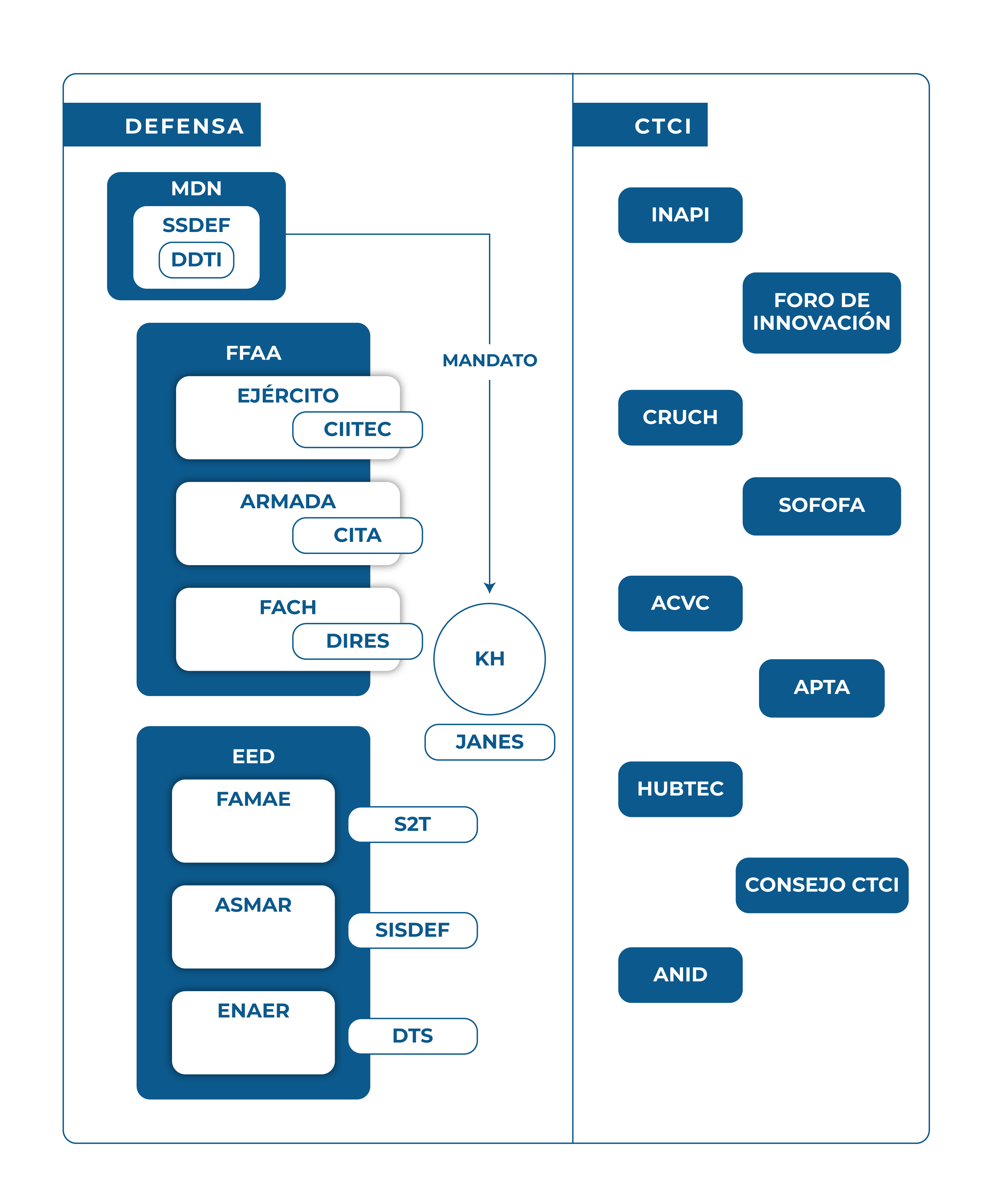
Lorem ipsum dolor sit amet, consectetur adipiscing elit. Suspendisse commodo porttitor libero, sed tristique mi mattis et. Mauris sit amet vehicula lectus. Etiam consequat fermentum dictum. Integer ullamcorper odio eget lorem porta venenatis. Nullam ut tortor tellus. Quisque in congue dui. Sed imperdiet urna id turpis tincidunt gravida a a turpis. Sed iaculis dui a urna dictum dictum. Pellentesque vel tellus sed urna egestas rutrum. Sed aliquet leo dictum pretium dapibus. Nam quis condimentum dui, sagittis fringilla felis. Interdum et malesuada fames ac ante ipsum primis in faucibus. Vivamus lobortis enim a velit ultricies semper.